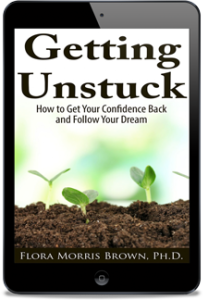When I saw this video of couples from a marriage ministry showing their love through dance at Trinity United Church of Christ in Chicago, it made me consider what the top 5 ingredients in a happy marriage must be.
In our youth we mistakenly believe that romance is the cornerstone of a happy marriage, but it is just a small part of marriages that last.
There are five key ingredients in a happy marriage.
1. Two happy people.
When you enter any relationship as a whole and happy person, the chances of that relationship working are tremendously increased. No pressure is put on the other partner to “make” you happy. This is especially true in marriage where the relationship is based on deep intimacy and trust.
2. Shared values.
Two partners in a marriage may have varied interests, but they must share core values. When issues such as spiritual beliefs, desire for children, role expectations, sexual expectations and attitude toward money are not shared by both people in the partnership, constant tugging and dissension can tear the relationship apart.
3. Compatible life paths.
While partners in a marriage may have different life purposes, careers, and areas of expertise, they must be in agreement on the life path they will travel together.
4. Open communication and commitment.
No problem can last that is subjected to open communication and a commitment to resolution. A couple that can feel safe to discuss any and every issue is equipped to handle whatever comes up in the everyday ups and downs of living.
5. Genuine like and love between the two.
A happy couple enjoys each other’s company. They are comfortable with each other. When you observe them you can see that they not only love each other, but like each other as well.
What do you think? Do you have a different view of the top 5 ingredients in a happy marriage?





Recent Comments